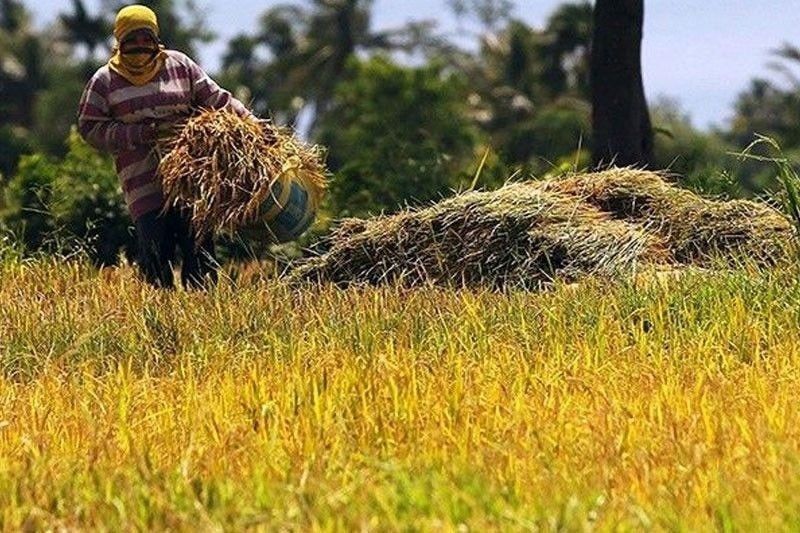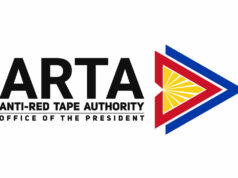
MAGSASAKA at Siyentipiko para sa Pag-unlad ng Agrikultura (MASIPAG), a non-government organization (NGO), called for the repeal of the Rice Tariffication Law, saying it disadvantages farmers.
It said in a statement that the government must “focus instead on the genuine development of the rice industry to produce food for the people and to help farmers earn a livable income.”
Republic Act 11203, which became effective in 2019, allowed private traders to bring in rice shipments without restriction. At the time, they had to pay a 35% tariff on Southeast Asian grain.
“If the government is indeed serious in achieving rice self-sufficiency and sustainability, the most urgent and sensible step for them to do now is to scrap the law and focus on farmer-led agroecology,” Virginia Nazareno, MASIPAG farmer chairperson said.
The Philippines imported 3.58 million metric tons (MT) of rice in 2023, according to the Bureau of Plant Industry.
“Our government’s approach to food security and self-sufficiency has always been problematic. On the production level… farmers are trapped in a cycle of expensive production costs and unpredictable yields,” MASIPAG National Coordinator Alfie Pulumbarit said.
One of the goals of the current administration is to attain an “adequate” level of self-sufficiency in rice at 97.5% by 2028. President Ferdinand R. Marcos, Jr. has called this level sufficient to meet the country’s needs.
The Philippines reported output of 20.06 million MT of palay or unmilled rice, according to the Philippine Statistics Authority.
With the unregulated entry of foreign rice, “farmers are further burdened with unfair market prices,” Mr. Pulumbarit added.
The Philippines is projected to remain the world’s top importer of rice, with a revised import projection of 3.9 million MT in 2024, according to the US Department of Agriculture.
The law also funds the Rice Competitiveness Enhancement Fund (RCEF), which is intended to modernize the rice industry.
Ms. Nazareno said that this only increases the reliance of producers on the aid being offered by RCEF.
“The band aid solution and external dependence that we are getting… is not a sufficient remedy,” she added.
The Philippines collected P30 billion in rice tariffs in 2023, according to the Bureau of Customs. — Adrian H. Halili



